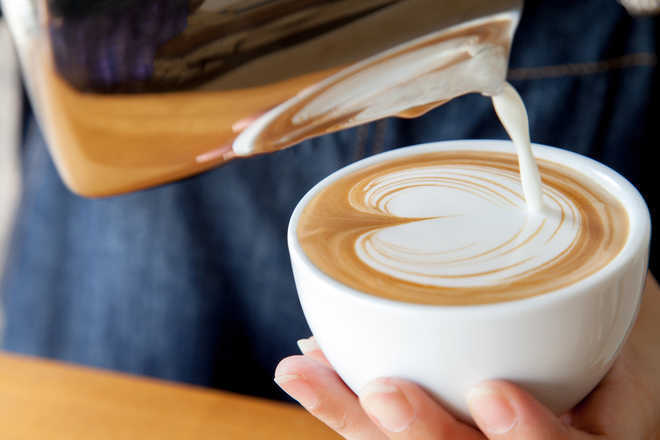
Photo for representation only. — Thinkstock.
New York
Are you a tea or coffee person? The answer may lie in your genetic predisposition towards bitter tastes, say researchers.
It could be because bitterness acts as a natural warning system to protect us from harmful substances.
The study, led by researchers from US-based Northwestern University, and QIMR Berghofer Medical Research Institute in Australia, explored reactions to three bitter substances — caffeine, quinine and propylthiouracil (PROP) — to understand how they affect people's preference for drinking tea, coffee and alcohol.
The findings showed that people who were more sensitive to caffeine and were drinking a lot of coffee consumed low amounts of tea.
In other words, people who have a heightened ability to taste coffee's bitterness — and particularly the distinct bitter flavour of caffeine — learn to associate "good things with it".
"You'd expect that people who are particularly sensitive to the bitter taste of caffeine would drink less coffee," said Marilyn Cornelis, assistant professor of preventive medicine at Northwestern University Feinberg School of Medicine.
"The opposite results of our study suggest coffee consumers acquire a taste or an ability to detect caffeine due to the learned positive reinforcement (stimulation) elicited by caffeine."
The study, published in the journal Scientific Reports, also found that people sensitive to the bitter flavours of quinine and of PROP — a synthetic taste related to the compounds in cruciferous vegetables — avoid coffee.
For alcohol, a higher sensitivity to the bitterness of PROP resulted in lower alcohol consumption, particularly of red wine.
"The findings suggest our perception of bitter tastes, informed by our genetics, contributes to the preference for coffee, tea and alcohol," Cornelis said.
Scientists applied Mendelian randomisation — a technique commonly used in disease epidemiology — to test the causal relationship between bitter taste and beverage consumption in more than 4,00,000 men and women in the UK. — IANS



























